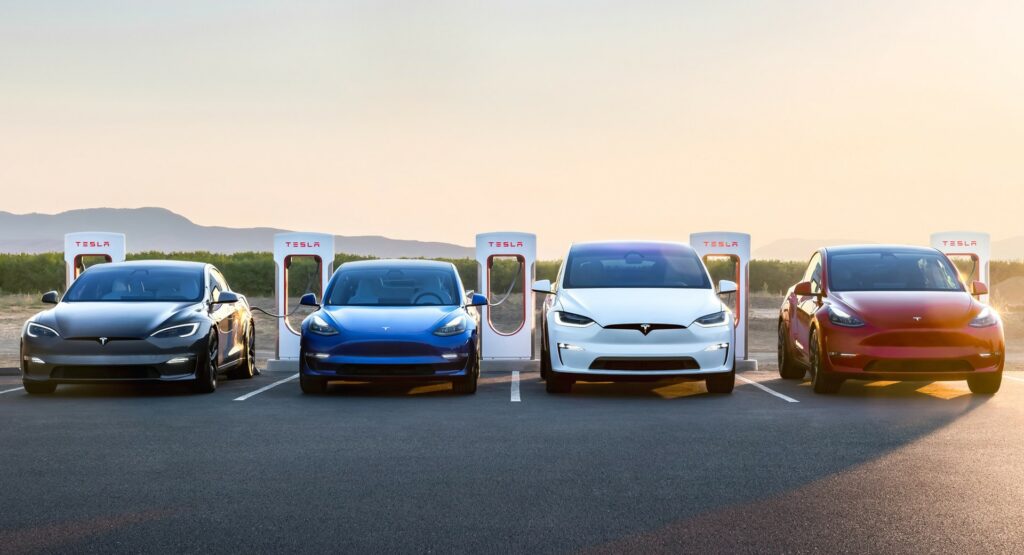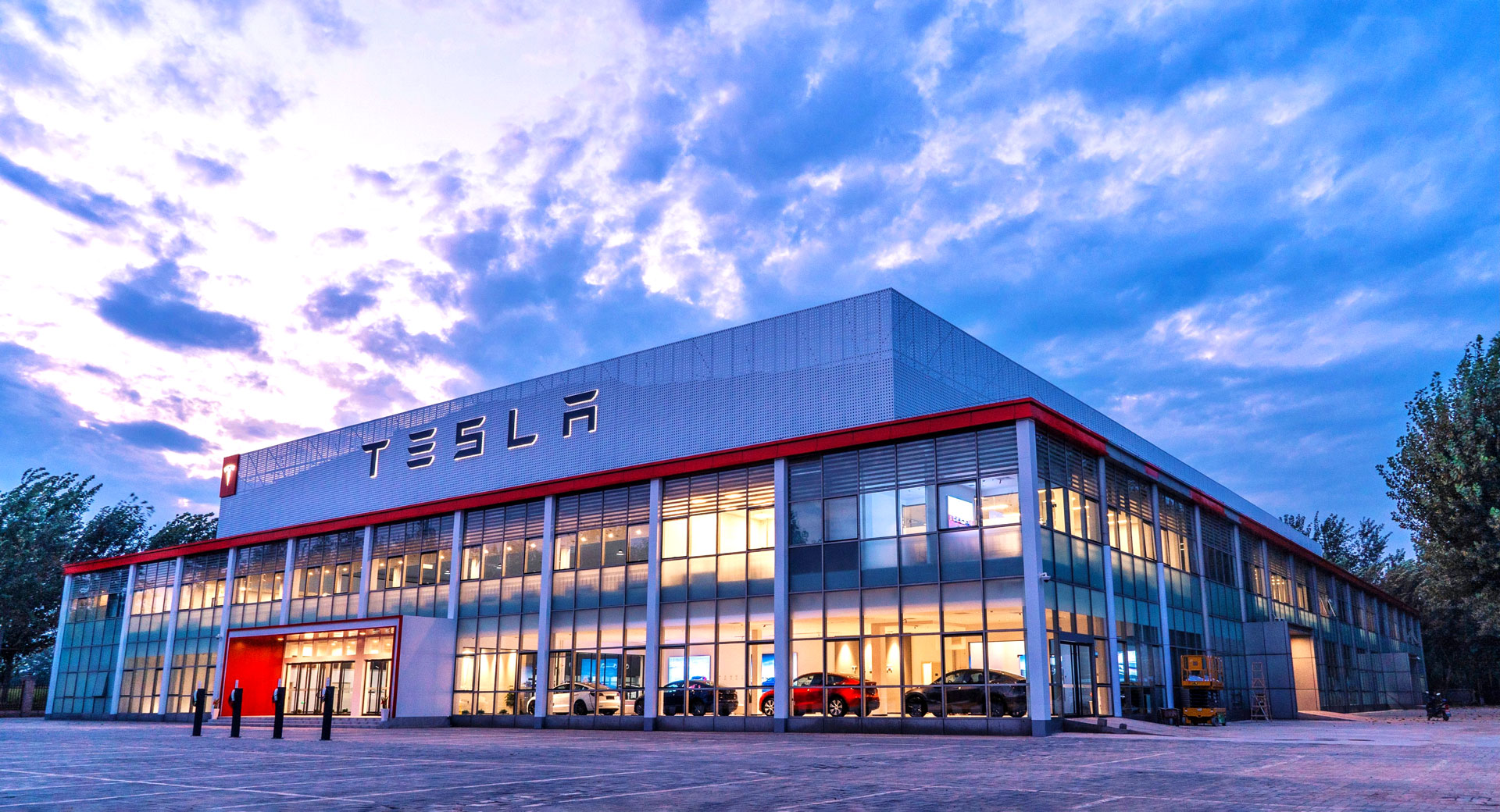Tesla’s quarterly deliveries are expected to slow for the first time in almost two years due to a production shutdown at its factory in Shanghai, China.
The electric car manufacturer has been setting quarter-on-quarter delivery records since the first quarter of 2020 but in the second quarter this year, analysts expect Tesla to report deliveries of roughly 295,000 vehicles. That would be down from the record 310,048 deliveries that it made in the first quarter.
Reuters notes that some analysts believe Tesla’s delivery figures may actually be closer to 250,000 for the quarter.
Read More: Tesla’s Factories In Berlin And Austin Are Losing Billions Of Dollars
Wedbush analyst Dan Ives notes that Tesla’s Shanghai factory produced roughly half of all the cars that Tesla deliveries last year and the prolonged COVID-19 shutdown may have wiped out as much as 70,000 units this quarter. This comes shortly after Elon Musk acknowledged that Tesla had a “very tough quarter” due to production and supply-chain issues experienced in China.
“The key question is the magnitude of the (China production) decline and whether the Fremont (California) factory was able to help support volumes,” CFRA Research analyst Garrett Nelson added.
Managing partner at venture capital firm Loup Ventures Gene Munster added that the third quarter could also prove difficult for Tesla and other technology companies due to the risk of a recession.
In late June, Elon Musk acknowledged that not only was Tesla experiencing challenges at its Shanghai factory but also that its factories in Texas and Berlin are money pits, noting that they are both losing billions of dollars.
“Both Berlin and Austin factories are gigantic money furnaces right now. Okay? It’s really like a giant roaring sound, which is the sound of money on fire,” he said.
“The past two years have been an absolute nightmare of supply chain interruptions, one thing after another, and we’re not out of it yet,” Musk continued. “Overwhelmingly our concern is how do we keep the factories operating so we can pay people and not go bankrupt. The COVID shutdowns in China were very, very difficult, to say the least.”





